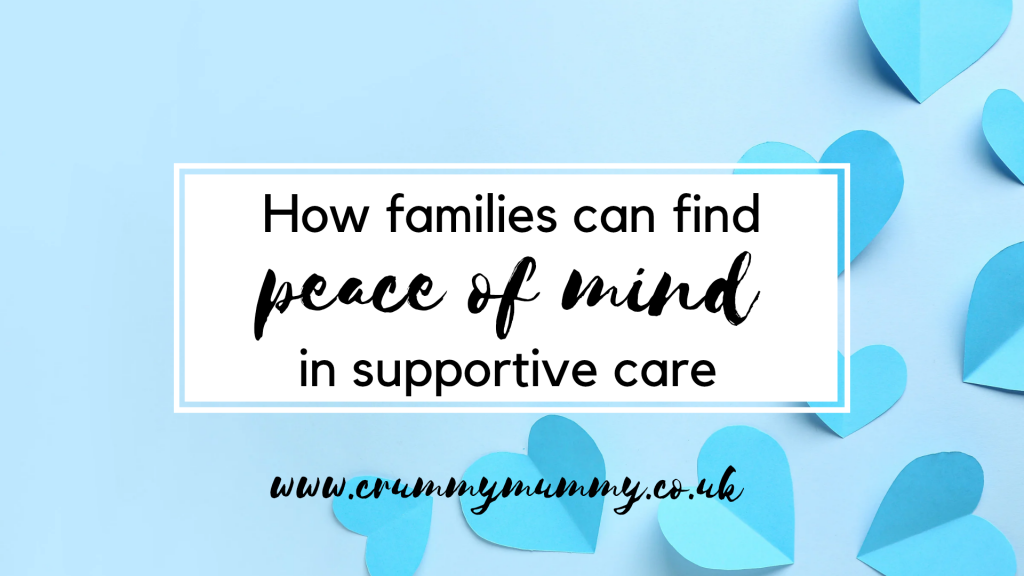As family members age or face health difficulties, the responsibility of ensuring their well-being can become overwhelming.
Supportive care services provide a vital solution, offering professional assistance while allowing families to maintain emotional balance and peace of mind.

Supportive care is about more than meeting basic needs. It’s about creating an environment where everyone involved can thrive emotionally, physically and socially.
This post may contain affiliate links. This means if you buy something after clicking on a link, I’ll earn a few pennies to help me keep creating posts like this, at no extra cost to you!
For families, the reassurance that comes from knowing their loved ones are cared for professionally and compassionately is priceless.
How families find peace of mind in supportive care
Understanding the role of supportive care
Supportive care encompasses a broad spectrum of services designed to assist individuals with their daily needs. This may include help with personal care, medication management, social engagement and mobility support. For families, knowing that their loved ones are in capable hands alleviates stress and allows them to focus on meaningful interactions rather than constant caregiving tasks.
Choosing the right environment
Selecting a care facility is one of the most important decisions a family can make. A high-quality facility prioritises safety, comfort and personalised care. Modern supportive care environments often feature private rooms, communal areas for socialising and programmes that encourage physical and cognitive activity. Families benefit from knowing their loved ones are living in spaces that are both secure and enriching, providing reassurance that their emotional and physical needs are met.

Building trust through transparent communication
Peace of mind often stems from clear and open communication between families and care providers. Facilities that encourage regular updates on health, well-being and daily activities help family members feel involved and informed. Whether through phone calls, emails or scheduled visits, this transparency fosters trust and confidence. Knowing that staff members are approachable and responsive reduces worry and strengthens the connection between family and facility.
Emotional support for families
Supportive care is not just for residents; it also extends to family members. Many facilities offer counselling, support groups and educational resources to help families navigate the challenges of ageing or chronic illness. Engaging in these resources provides coping strategies and reassurance, making the caregiving journey less isolating. Families often report that being part of a supportive network improves their ability to manage stress and maintain emotional well-being.

Encouraging independence & engagement
One of the greatest benefits of professional supportive care is that it encourages residents to remain as independent and active as possible. Programmes may include exercise classes, hobby groups, outings and memory care activities tailored to individual needs. Families find comfort in seeing their loved ones continue to thrive, pursue interests and maintain social connections. These opportunities not only improve physical health but also foster a sense of purpose and joy, which is invaluable for overall well-being.
Leveraging local resources
Families seeking supportive care often benefit from exploring local facilities that specialise in tailored services. For those in the area, Telford care facilities offer a range of options designed to meet diverse needs. From long-term residential care to short-term respite, these facilities focus on compassionate care delivered by trained professionals.

Finding peace of mind
Ultimately, the peace of mind that comes from supportive care arises from knowing that a loved one is safe, respected and nurtured. Families can focus on building meaningful moments together rather than managing daily care alone. By selecting a supportive environment, fostering open communication and engaging with local resources, families create a framework where both residents and relatives feel secure, supported and connected.
This is a collaborative post.

























Leave A Comment